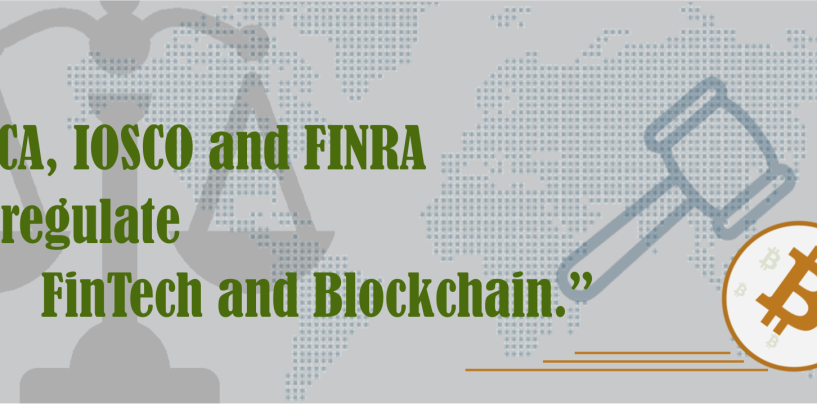
Posts From Sacha Huber
Blockchain and the Auditing Revolution – Real Time Audit within the Capabilities of Blockchain
Auditing is the process of conducting an independent examination of an organization’s accounts, books and/or documents in order to determine whether the organization’s financial statements present a fair view of the business. It is based on a set of pre-determined
Read MoreBlockchain To Optimize and Secure Client Data Information – Part 1
As data becomes increasingly powerful, meaningful and valuable, concerns over its security are on the rise. Indeed, ‘big data’ has become the recent buzz-term to describe the ever-expanding, often-unstructured nature of important information, and has opened extensive discussions over how
Read MoreBlockchain to Optimize and Secure Client Data Information – Part 2
Blockchain application in financial data and compliance Blockchain makes the top secured financial transactions controllable The financial services industry is another major area in which client information must be securely protected to prevent market manipulation. At the same time, however, Read MoreBlockchain to Optimize and Secure Client Data Information – Part 3
Blockchain-based Enigma system Researchers from the Massachusetts Institute of Technology, therefore, have developed a guaranteed privacy system based on blockchain, in which data can be stored, verified and shared without ever being revealed to any of the network’s parties. ‘Enigma’,
Read MoreGambling industry – How Blockchain Can Make It More Transparent
Following Bitcoin’s significant rise in popularity among the online gambling community, eyes are now turning to its underlying technology, blockchain, which is expected to have a hugely disruptive impact on the industry. With the bulk of gambling globally having moved
Read MoreBlockchain to Help Eliminate the Middlemen in the Luxury Industry
Blockchain’s increasing popularity is now being embraced by a wide range of industries. Start-ups are being created by people across the world who have a desire to use blockchain’s revolutionary ledger technology to improve their specialist industry, and to further
Read MoreBlockchain – to Replace Government in Real Estate
When it comes to blockchain, the immutable ledger technology that underpins bitcoin, much of the limelight thus far has been on its potential to disrupt the finance industry. However, the transformation that real estate may experience from applying blockchain could
Read MoreCentral Banks Face Bitcoin Pressure
Given that the ‘distributed ledger’ technology upon which Bitcoin has been developed allows a payment system to operate without the need for intermediaries such as central banks, it is looking increasingly likely that the financial system is set to undergo
Read MoreFCA, IOSCO and FINRA to regulate FinTech and Blockchain
In the aftermath of the financial crisis 2007-09, financial regulators across the world implemented tighter controls on the majority of sectors within the financial services industry. One of the reasons for their activism may have been the lot criticism regulators
Read MoreBlockchain to Revolutionize the Commodity Industry
There now appears to be plenty of scope for blockchain to be used for financial purposes beyond simple transactions. Cryptographic ledger technology could end up replacing costly financial intermediaries in financial markets which could have seismic effects on the infrastructure
Read More








